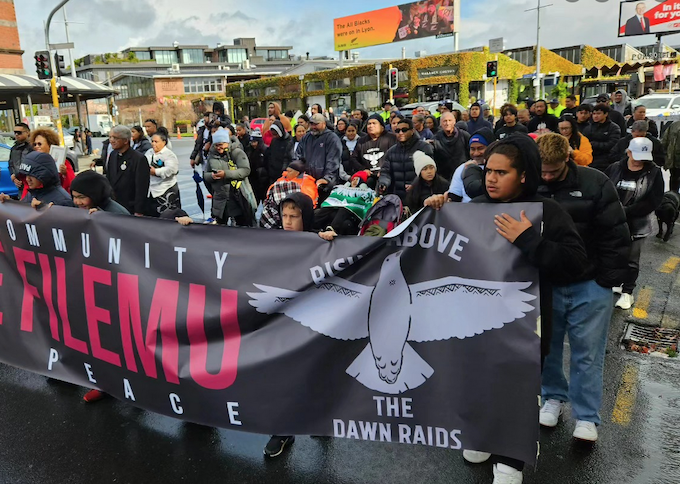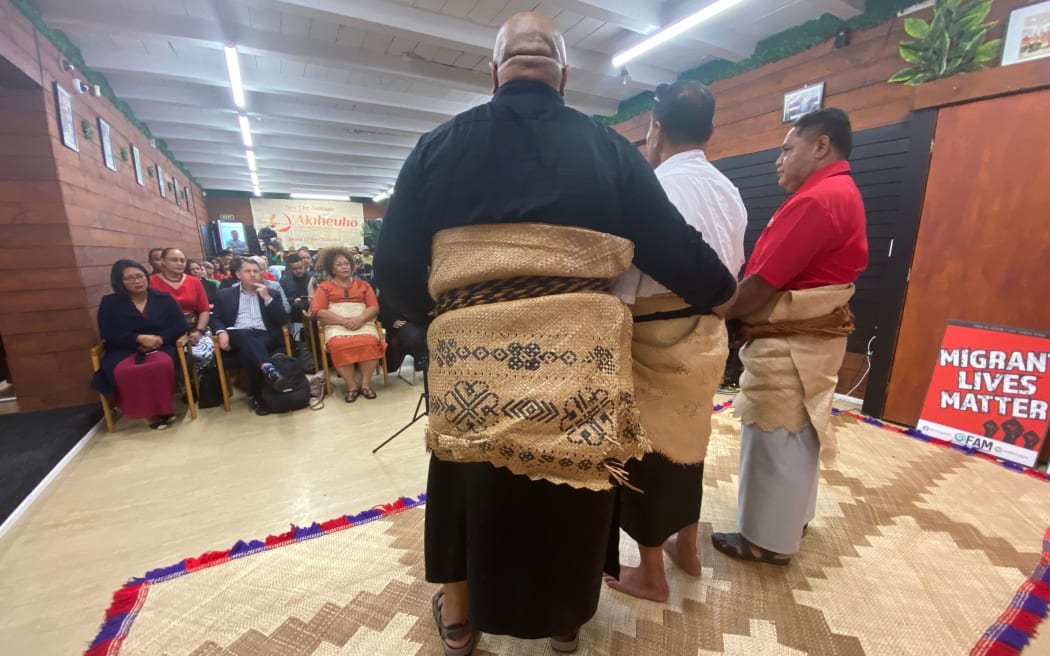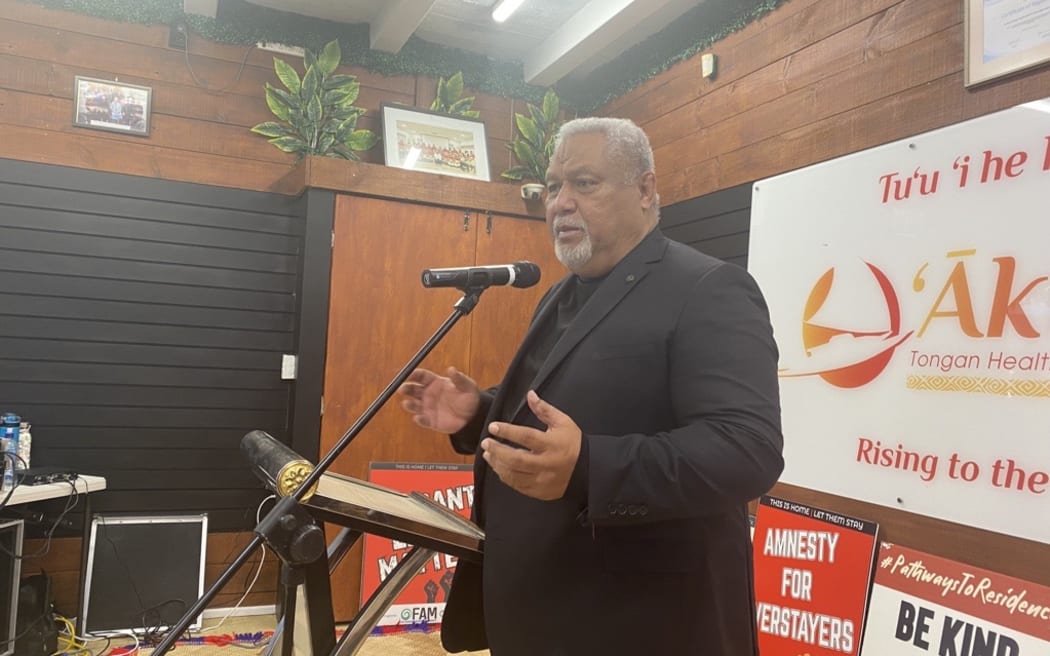
By Lydia Lewis, RNZ Pacific journalist
A Tongan RSE worker, whose case sparked an independent review of Immigration New Zealand’s “out-of-hours compliance visit” practices, is still on edge.
Pacific community members have compared the actions to the infamous “Dawn Raids”.
Keni Malie’s lawyer, Soane Foliaki, said his client’s case should have ended such exercises.
However, the Ministry of Business, Innovation and Employment’s (MBIE) Immigration Compliance and Investigations team has only temporarily suspended “out-of-hours compliance visits” to residential addresses.
“At least until this work is completed,” MBIE Immigration Investigations and Compliance General Manager Steve Watson said.
He said the visits would not resume until new standard operating procedures came into effect and staff had been fully trained in the new procedures.
It is uncertain how these new procedures will be different, and what this will mean for migrant workers.
Detained in front of wife, family
In the early hours on April 19 this year immigration officials showed up at Keni Malie’s residence and detained him in front of his wife and children. He was then taken away and shortly after served with a deportation order.

“Four children were in the house, with three sleeping downstairs and at least one woken up by the activity,” the independent review states.
Malie’s lawyer broke the story to the media, out of desperation. The story gained traction and following a public outcry, Immigration New Zealand admitted this was not a one-off incident.
Keni Malie has since been granted a temporary visa while he and his lawyer work though his residency application but he said he was still nervous about it.
Malie explained in Tongan, as his lawyer translated:
“The hardest thing for me was trying to make sure that I can put a loaf of bread on the table for my children. I hope for the day that I can feel secure and get residence,” Malie said.
Immigration New Zealand has confirmed it has been conducting out-of-hours compliance visits — known as “Dawn Raids” — for the past eight years.

Figures released under the Official Information Act show Pacific community members were the third highest after Indian and Chinese nationals of the total number of people located, between July 1, 2015, and May 2, 2023.
Out of 95 out-of-hours compliance visits, which in some cases multiple people were found, 51 were Chinese, 25 Indian and 17 Pacific.
There was one from the USA and one person from Great Britain on the list.
MBIE reviews
An independent review of what Pasifika community leaders have called MBIE’s Dawn Raids-style visits has now been completed.
The review was led by Mike Heron.
Leaders and members of the Pacific, Indian and Chinese communities were interviewed, along with immigration lawyers and advisers and representatives.
One of the reasons given for this review was that the raids of the 1970s were a “racist application of New Zealand’s law”.
“Immigration officials and police officers entered homes of Pacific people, dragged them from their beds, often using dogs and in front of their children. They were brought before the courts, often barefoot, or in their pyjamas, and ultimately deported,” Heron report reads.
Tongan community leaders were outraged to find out Keni Malie, who is Tongan, went through what they see as a similar trauma.
According to the report, Malie was in New Zealand as an RSE worker when he did not turn up to work because he was getting married.
Added to ‘process list’
After being stopped by police for driving without a licence, Crime Stoppers were also sent a notification for another issue. He was then added to Immigration’s National Prioritisation Process list.
In the Immigration Officers’ view, their “compliance visit” to Malie was carried out reasonably and respectfully.
“They stressed that the operation was calm, respectful and did not require any use of force,” the review states.
But his lawyer, Soane Foliaki disagrees that it was “respectful”.
“In the dark of the night they were back at it, you know, without any consideration? Why did the Prime Minister apologise?” Foliaki said.
To him this was reminiscent of the Dawn Raids. Something the former Prime Minister had only just apologised for.
An INZ spokesperson told RNZ Pacific at a Pacific community event earlier this year that in some cases officers sit down with a cup of tea to build rapport with overstayers.
Trauma for community
“I want to again acknowledge the impact the Dawn Raids of the 1970s had on the Pacific community and that the trauma from those remains today,” MBIE’s Steve Watson said.
We know we have more to do as we learn from the past to shape the future. This continues to be at the centre of our thinking as we move forward,” he said.
Lawyer Soane Foliaki who has been fighting for justice for 30 years still has hope, hope for his client and hope that there will be change.
“We always felt that New Zealand was always a decent country, they’ll always give us a fair go. This is also our home here,” Foliaki said.
This article is republished under a community partnership agreement with RNZ.













































